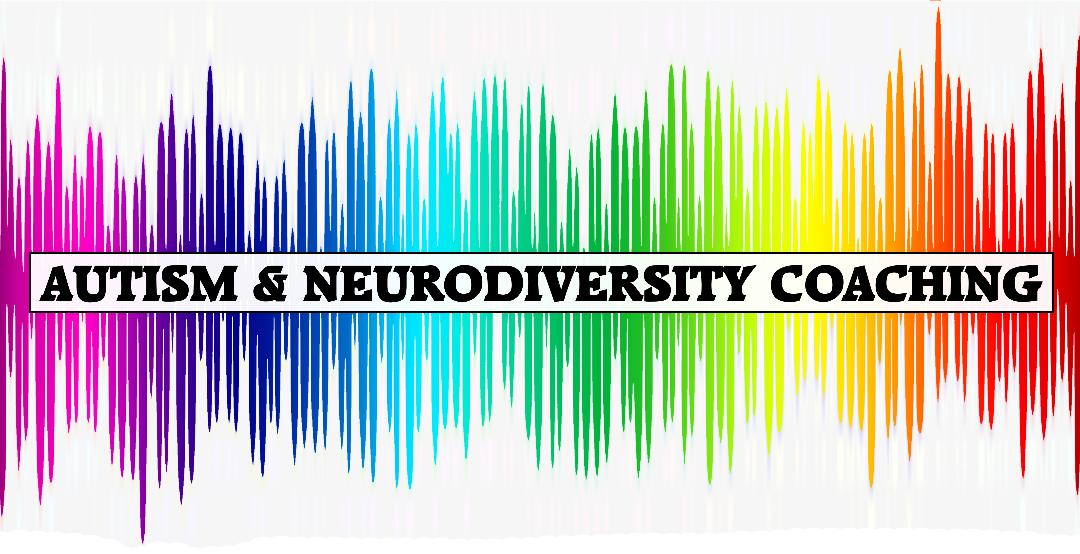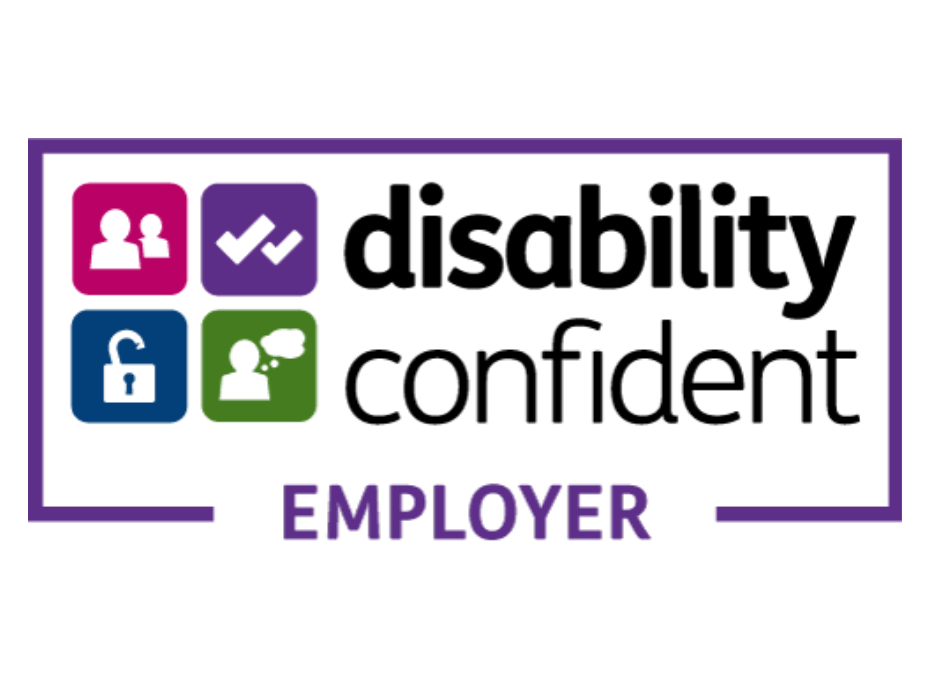The Power of Advocacy and Awareness for Dyslexia

Advocacy plays a crucial role in changing perceptions about dyslexia and ensuring that individuals receive the support they need. Whether it's parents advocating for their children in school, adults seeking accommodations in the workplace, or organizations pushing for legislative changes, advocacy helps to create an environment where dyslexia is understood and respected.
Key Areas of Advocacy:
1. Educational Reforms: Advocates work to ensure that educational systems recognize and accommodate the needs of students with dyslexia. This includes pushing for early screening in schools, appropriate accommodations like extra time on tests, and access to specialized instruction.
2. Workplace Accommodations: Advocacy in the workplace involves ensuring that employers understand dyslexia and provide necessary accommodations, such as assistive technology or flexible work arrangements. It also includes promoting a culture that values neurodiversity, where employees are judged on their skills and contributions, not their ability to read quickly.
3. Public Awareness Campaigns: Raising public awareness about dyslexia helps reduce stigma and misinformation. Campaigns that highlight the achievements of individuals with dyslexia, share success stories, and provide educational resources can change societal attitudes and inspire those with dyslexia to reach their full potential.
4. Legislative Action: Advocacy efforts also extend to the legislative arena, where activists push for policies that protect the rights of individuals with dyslexia. This includes laws that ensure equal access to education, prevent discrimination, and mandate accommodations in standardized testing and employment.
Celebrating Dyslexic Achievements
One of the most powerful ways to combat the stigma associated with dyslexia is by celebrating the achievements of those who have thrived despite their challenges. Many people with dyslexia have gone on to become leaders in their fields, and their stories serve as powerful reminders that dyslexia is not a limitation.
· Innovators and Entrepreneurs: Dyslexia often fosters creativity and out-of-the-box thinking, which can be a significant advantage in entrepreneurship. Richard Branson, founder of Virgin Group, is one such example. He credits his dyslexia with helping him think differently and develop innovative business ideas.
· Artists and Creatives: The arts are another area where many dyslexic individuals excel. Filmmaker Steven Spielberg has spoken about his struggles with dyslexia and how it shaped his unique approach to storytelling. Similarly, actors like Whoopi Goldberg and Keira Knightley have been open about their dyslexia and how it has influenced their careers.
· Scientists and Innovators: Dyslexia doesn't preclude success in scientific fields, either. Albert Einstein, who is often cited as having dyslexia, revolutionized physics with his theories. His story challenges the notion that dyslexia is incompatible with scientific thinking.
The Role of Support Networks
Support networks are invaluable for individuals with dyslexia and their families. These networks provide emotional support, practical advice, and a sense of community. They can take many forms, from local support groups to online forums where people share experiences and resources.
1. Peer Support: Connecting with others who have similar experiences can be incredibly empowering. Peer support groups allow individuals to share coping strategies, celebrate successes, and offer encouragement during challenging times.
2. Professional Support: Access to professionals such as educational psychologists, specialized tutors, and speech therapists can make a significant difference. These experts can provide targeted interventions that address specific difficulties associated with dyslexia.
3. Family Support: For children with dyslexia, family support is crucial. Parents and siblings can play a big role in fostering a positive self-image and encouraging perseverance. Family members can also be strong advocates, helping to ensure that the individual receives the accommodations and understanding they need.
4. Community Resources: Many communities offer resources for individuals with dyslexia, including specialised programs, tutoring services, and workshops. These resources can provide additional support outside of school or work environments.











